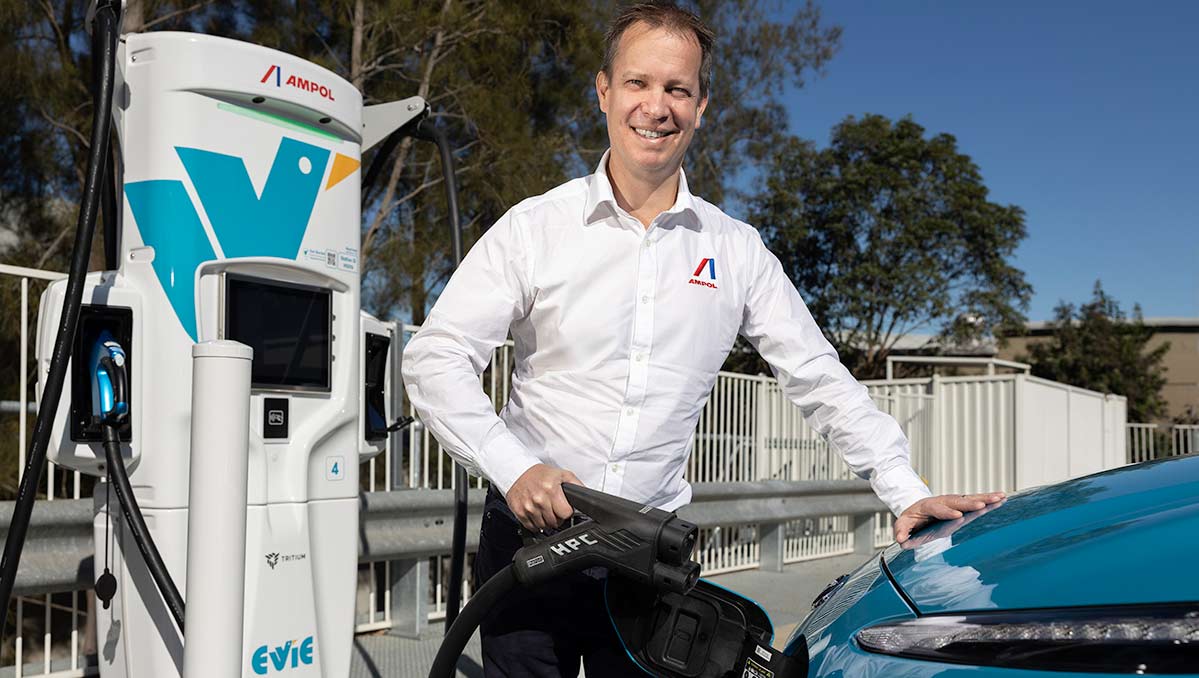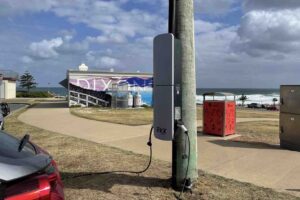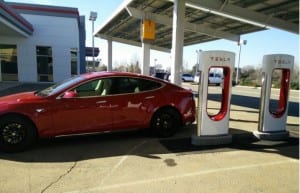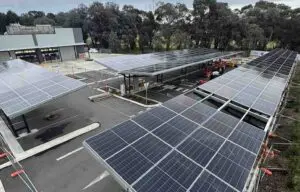About a year ago I interviewed Guy Cameron, a bond investor with Scottish fund manager Cameron Hume, about the string of oil majors including BP and Shell declaring they were going net zero.
Cameron was sceptical about this move. There was no reason, he said, to think a company whose expertise is in drilling deep holes in the ground and sucking out fossilised hydrocarbons would have any special talent in wind, solar, batteries, hydrogen or electricity.
“We have seen time and time again how difficult it is for incumbents to deal with new technology. That’s a major challenge,” he said – stressing he was viewing this as an investor, not a climate activist.
“My judgment moves away from, ‘I don’t want to invest in oil companies because you’re a polluter,’ to, ‘I don’t want to invest in oil companies because I don’t know that you are competent.”
I was reminded of Cameron’s comments this week when Ampol, Australia’s biggest petrol and diesel supplier, announced a new decarbonisation strategy pivoting from fuel to all sorts of other things, including electricity, hydrogen, gas, biofuels and carbon mitigation.
It felt a bit like a very successful football player at the end of his career announcing he had decided to start a new career as a professional rugby player. And a tennis player. And a snowboarder. And a chess grandmaster. Plus he was going to continue playing football full-time for at least another decade, and part-time for many decades after that.
Perhaps Ampol will succeed in shifting to zero carbon energy technologies. But a look at its current business model gives you a sense of the scale of the challenge.
Ampol has two business divisions. The “fuels and infrastructure” division sources fuel, imports it to Australia and New Zealand, refines it and distributes it to a range of wholesale customers from 74 storage and distribution centres. Last year it sold 20.1 billion litres of fuel.
Its “convenience retail” division is its chain of hundreds of petrol stations, where it sells the fuel it imports and refines to around 3 million road users a week.
In a world where everyone is driving battery electric or hydrogen fuel cell vehicles, its hard to see what use any of these operations will be to Ampol. There may still be demand for hydrocarbon-based fuels in some industries for decades yet – airlines, for instance – but if we take climate change seriously, it has to be minuscule.
The only obvious asset Ampol may have is its network of petrol stations, which could be repurposed as EV fast charging stations. But there the main commodity being sold is electricity, not fuel. Ampol is not an electricity producer or distributor, so if it did this it would probably be little more than a network of roadside service stations, as reliant on selling pies, lollies and soft drinks as it is on selling electricity. That may be a viable-if-modest business in and of itself, but it will be a dramatic fall from the sprawling fuel giant it is now.
For a big, publicly listed company like Ampol, the challenge in a transition like this is to replace earnings. Perhaps I’m being dimwitted here, but I can’t see how on earth a company that is totally dependent on oil products for its earnings is going to manage that switch successfully.
Some might argue the best strategy is just to mimic the likes of Whitehaven Coal, and just try to milk as much out of the doomed fossil fuel industry for its shareholders as it can before the party ends (I don’t suggest Whitehaven is planning to close up shop, but it’s hard to see what the alternative outcome will be). But if that strategy involves lobbying the government to continue standing in the way of electrification, then it’s unacceptable from an environmental perspective, and activist shareholders will fight it.
It’s difficult to explain this week’s strategy. On the one hand, it shows Ampol acknowledges things are heading only in one direction. One of the most striking elements in the announcement was the statement that demand for petrol would remain strong until 2030 – but after that, things would start deteriorating. That shows you the game is up for oil.
Ampol’s decision to install charging stations, backed up by solar and battery power, will be good news for EV owners. If you can drive into an Ampol service station and charge up your EV, that can only help encourage take up. And the company has committed to spend a reasonable amount of money – $100 million – on this green push between now and 2025.
On the other hand, there is a danger that when fossil fuel giants announce rather meaningless things like operational net zero targets (i.e. targets that don’t include the CO2 created when customers burn their primary product, in this case fuel), it could lull us into a false sense of security that things are moving in the right direction when they are not.
That doesn’t seem likely though. Federal government and some media outlets aside, the world seems to have finally woken up to the urgency of climate change. That means there are enough experts around to call BS on meaningless targets, making it harder and harder for fossil fuel companies to greenwash. Maybe that will force Ampol to act with some genuine urgency, but I personally won’t be betting on it.










